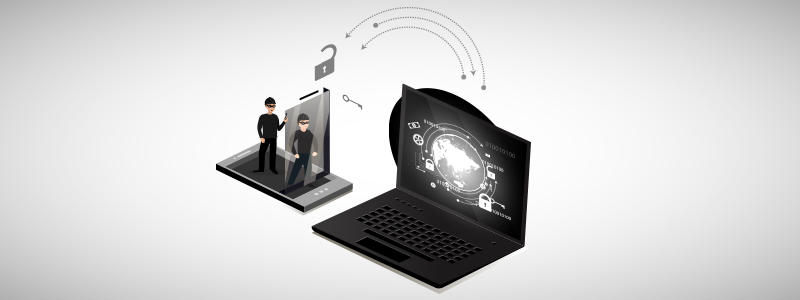
Developing a website for your personal & professional use is quite easy these days, which do not require hard-core coding if you want a simple website. Due to the availability of the content management systems like WordPress, Joomla etc., anyone with a PC operating knowledge can create a website in just a few hours. But these technologies are not without drawbacks as most website owners face the issue of website security, which often gets compromised due to malware attacks. So they have to be aware of certain website security tips to remain safe.
Change your Default Website CMS Settings
Most webmasters are too lazy to change their default CMS settings which opens the door for hackers to enter into your system. You should create a hierarchy that any user cannot make changes in plugins. This type of modification to the default settings of your website can improve website security greatly and foil hacking attempts.
Update Extensions & Plugins
Extensions & plugins are elements that provide doorways for hackers to attack your website. These plugins make things easy, so a majority of website owners prefer using them on the websites. However, most of us forget to update these plugins from time-to-time. If you are using a WordPress website then you may notice, many plugins demand updates frequently, which you definitely should go for. If your website plugins are not updated then you have a greater chance of being targeted.
” In Jan 2018, more than 2,000 WordPress websites are reported to have been infected with a piece of crypto-mining malware which is a Keylogger.”
Take Frequent Data Backup of Your Website
You have to be always prepared for an unforeseen situation so that you face minimum loss. The same logic applies to your website. Most website CMS provides the option to back up your data with just a few clicks. You can also keep a copy of your backup in an external hard disk. Data backup is very useful to bring back your business on track in case you suffer a hacking attack.
Choose a Strong Password for your Website
A usual mix of alphabets, numbers, symbols, special characters etc. makes a great password. You should choose a strong password for your website, which is hard to guess. Most security breaches take place due to weak password kept by users.
Use a Computer Security Software
No matter, how careful you are, there are always chances that you commit any small error, which can prove advantageous for hackers to compromise your website. So it is better to use a computer security software on your PC. You can also use a security software on your mobile too as smartphone usage is slowly surpassing desktop.
The above security tips are must-have for all webmasters, who runs their personal or business websites. With these website security tips, you can secure your site to a great extent against malware and cyber-attacks.
- RaaS : The Dark Side of SaaS
- Hackers Target MOVEit Transfer’s Zero-Day Vulnerability, Emergency Patch Deployed
- How Scammers Are Utilizing ChatGPT? Few Tips To Be Safe
- World Backup Day: Why Data Backups are Important in Cybersecurity
- What is Social Engineering and How Cyber Criminals Use It
- Things To Know About Personally Identifiable Information (PII)
- What is Data Breach? Why and How It occurs? How To Prevent Data Breach


